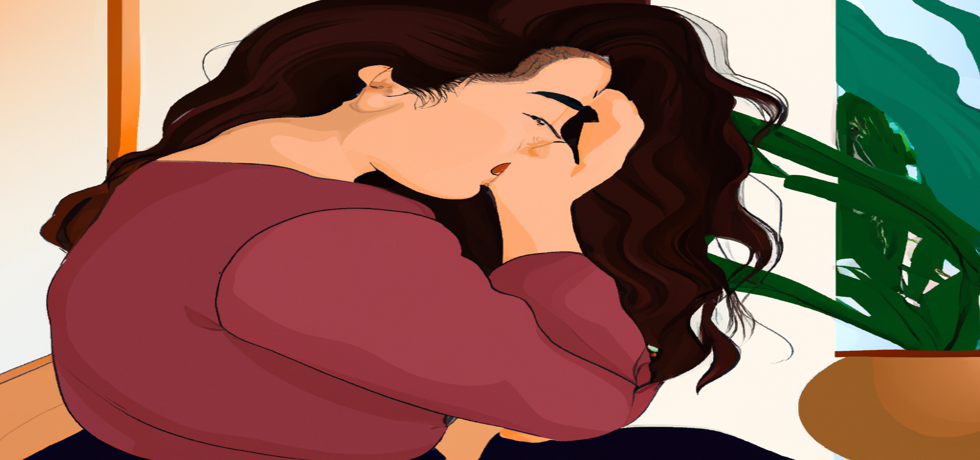
Understanding Stress-Induced Hair Loss: Causes, Prevention, and Treatment
The Impact of Stress on Hair Health
In recent times, stress has become a common part of our daily lives. Whether its due to work pressures, personal issues, or, more recently, the changes brought on by the pandemic, feeling anxious is increasingly prevalent. One of the many physical ways that stress can manifest is through hair loss. Understanding this connection is crucial, especially if you notice thinning hair or increased shedding. In this blog post, well explore the causes, prevention, and treatment of stress-induced hair loss to help you regain your confidence and healthy locks.
How Stress Affects Hair Growth
Hair growth occurs in a cycle that includes three main stages: the growth phase (anagen), the degeneration phase (catagen), and the resting phase (telogen). Under chronic stress, this cycle can be disrupted, leading to a condition known as “telogen effluvium.” During telogen effluvium, a significant number of hair follicles enter the resting phase prematurely, resulting in excessive shedding.
Stress triggers the release of inflammatory agents that shrink hair follicles and decrease blood supply. This reduction in nutrient delivery can cause strands to weaken and eventually fall out. If you find yourself losing a considerable amount of hair daily, its essential to take action, as this stress-induced hair loss can create a vicious cycle, further exacerbating your stress levels.
Preventing Stress-Induced Hair Loss
Fortunately, there are several proactive steps you can take to promote healthy hair during stressful times. Firstly, prioritizing your mental health is crucial. Find ways to engage in activities that bring joy and relaxation into your daywhether its pursuing hobbies, taking short breaks during your workday, or simply spending quality time with loved ones.
Also, your diet plays a vital role in supporting hair growth. Ensuring adequate intake of micronutrients, such as iron, folic acid, vitamin D, vitamin B12, and biotin, can help strengthen your hair. Addressing any deficiencies promptly can aid in reducing hair fall due to stress.
Effective Treatments for Hair Loss
If you are already experiencing stress-induced hair loss, early intervention can make a significant difference. Consult with a dermatologist who can guide you on the best course of action. Treatments may include oral supplements and various non-surgical procedures like laser therapy or growth factor therapy.
Laser therapy uses a laser comb to stimulate hair follicles and improve blood circulation without any downtime. Growth factor therapy involves using your plasma enriched with growth factors to nourish hair roots, essentially rejuvenating your hairs growth potential. These treatments have shown promising results in restoring hair density and preventing further hair loss.
Conclusion: Take Charge of Your Hair Health
Understanding the connection between stress and hair loss equips you with the tools to tackle it effectively. By managing your stress and adopting a nutritious diet, you can kickstart your journey back to healthy hair. Remember, consulting a dermatologist can provide you with tailored solutions to your hair loss concerns.
For professional assistance and expert advice from leading dermatologists like Dr. Hital Patel, experience the benefits of understanding stress-induced hair loss with Hair & Skin Specialist Dr. Hital Patel at The Skin Artistry. Our clinics in PDPU Gandhinagar, Vastrapur Ahmedabad and Hyderabad (Visiting Consultant) offer top-quality care and personalized treatments. Visit us today to learn more about our services and take advantage of our special offers! For more insights, updates, or to collaborate, stay connected with The Skin Artistry.


